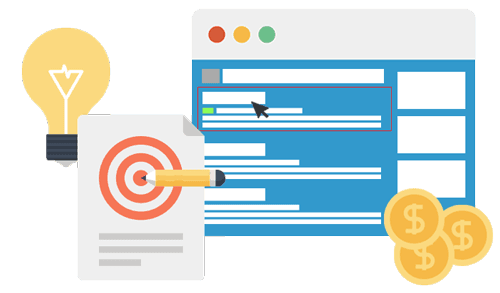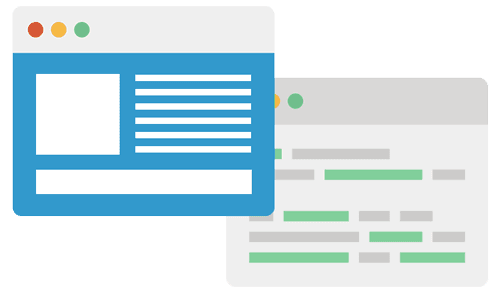What the heck is Captcha?
In case you hadn’t figured it out, Captcha is an acronym. It stands for Completely Automated Public Turing Test to Tell Computers and Humans Apart (yeah, there are three t’s, but only one in the acronym… it is a very geeky acronym). But what the heck is Captcha?
If you have ever filled out a form in a website and had to verify you are human by copying a group of squiggly letters into a field, the squiggly letters are the captcha. The whole idea of a captcha is to reduce or stop SPAM by forcing you to verify your humanity (software can’t read image text). Whether it is capable of stopping spam or not and how effective it is, is a discussion for another time. In this article, the focus is conversions (although its spam preventing capabilities will be lightly discussed).
There are many details on a website that affect conversion. During conversations or workshops I usually mention some items in website design that affect conversion. Conversion is a very important consideration when designing a website, it is not enough to have a pretty website, but when a business gets one, is usually because they want it to convert (get sales, leads, contacts, etc). So, can captchas reduce conversions?
Conversions or Spam… what worries you more?
Different studies have shown that Captchas reduce conversion rates. Specifically, when a captcha is used it reduces the number of spam contacts as well as legitimate lead contacts. The question here is to decide whether you worry more about getting too much spam or not getting enough leads/sales.
In a recent study, captcha was shown to produce 159% more failed conversions than when no captcha was used. Failed conversions refers to people who landed on the contact page, started filling out the form but abandoned it.
As expected, on websites with no captcha spam was also 7 times higher than with the captcha on. So captcha is a generally effective spam control method, it is the effect on conversion that most people forget and should keep in mind.
The study was done during two different three-month periods, across multiple sites, half with captcha on and half with captcha off. After the first period, the captcha settings were switched.
In conclusion, users hate captchas but it is a good method to keep spammers out.
Why do users hate captcha?
People find the captchas a nuisance. They are usually hard to read, require you to spell correctly and if you make a mistake, you have to try and try again. Captchas can be quite frustrating for users, specially if the captcha error forces the user to re-enter all the information on the form every time a failed attempt happens.
In spite of all this, the captchas are very popular. This is because webmasters prefer to have a captcha than to deal with spam, plus they are one of the easiest methods to stop spam in contact forms. However, captcha is not a perfect method and spammers have found ways to get around it.
As a business owner however, you have to question which is more important to you. Would you rather reduce the spam (not eliminate, reduce) or do you care more about having more sales and prospects?
In Summary
Captchas are good at reducing the amount of spam, that is an undeniable truth. However, they are also good at preventing users from filling out contact forms. Since most of our clients’ businesses care more about leads than spam, we normally avoid the captcha trap. What is even better, we use different strategies that do not discourage users from filling the form and are also effective at reducing spam, like honeypots.
Have questions about conversion or securing your contact form without using captcha? Reach out.
– Update March 15, 2016 –
There are newer captcha tools available, particularly from Google that require people to complete an easier visual challenge. These new captchas also are capable of sometimes detecting a human without the visual challenge which make them easier to use. They still bring conversion down, just not as much and do a great job of blocking spam. As usual, test your own settings and track conversions to see how much the captcha affects your conversion rates and make a decision after.
– Update November 2, 2018 –
Google has recaptcha and no captcha recaptcha. These are an improvement, however, they do give false positives and users have to deal with captchas again. They are still not completely effective at eliminating spam but they are a better option. We use nocaptcha recaptcha now and results are decent, definitively better than back in the day! The advantage is that most of the user verification is automatic and users only have to answer the captcha test when the algorithm fails to verify a user behind an action. So these are highly recommended now instead of the old captchas.


 Ads & Digital Marketing
Ads & Digital Marketing Website Design
Website Design eCommerce Websites
eCommerce Websites